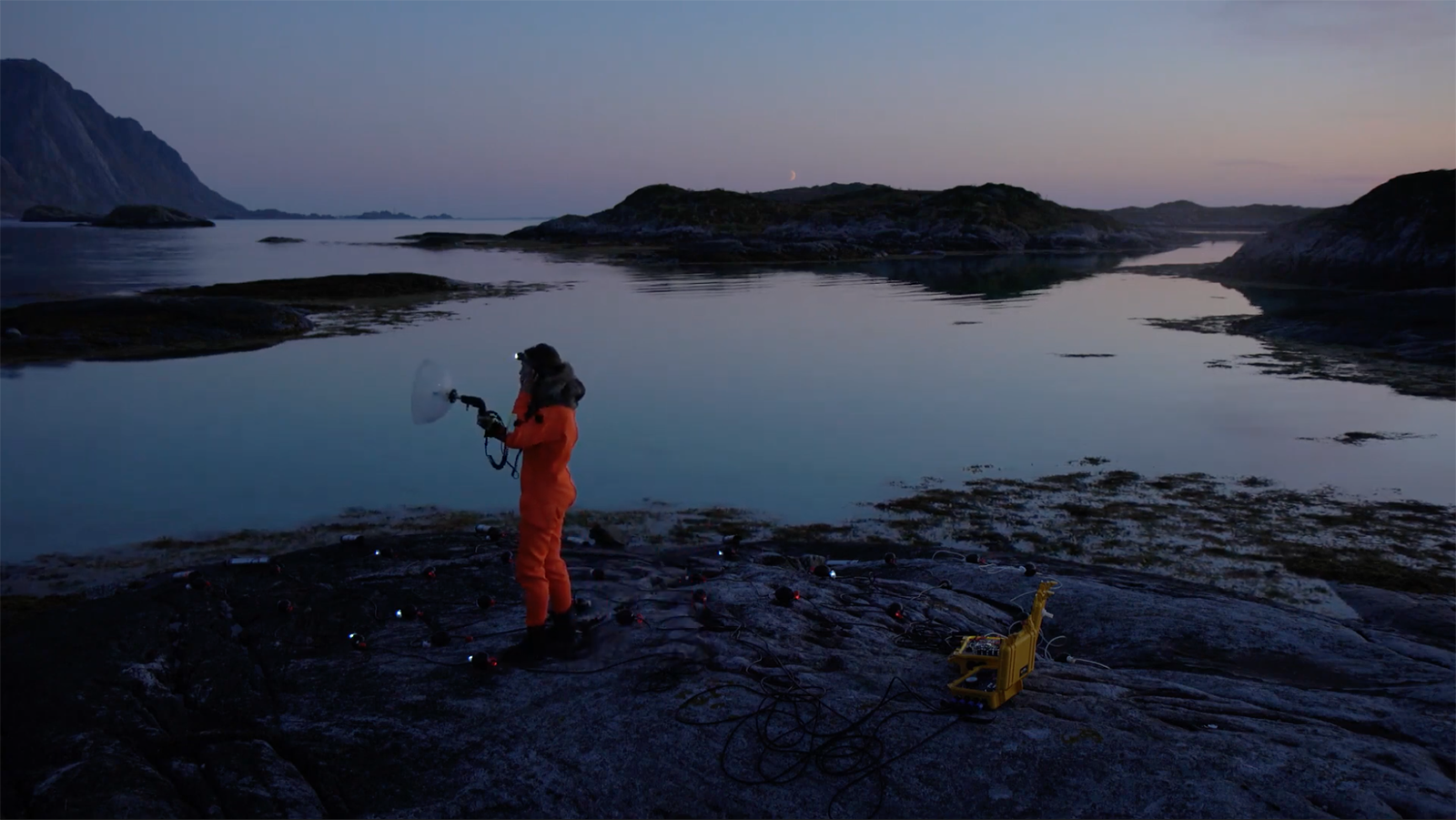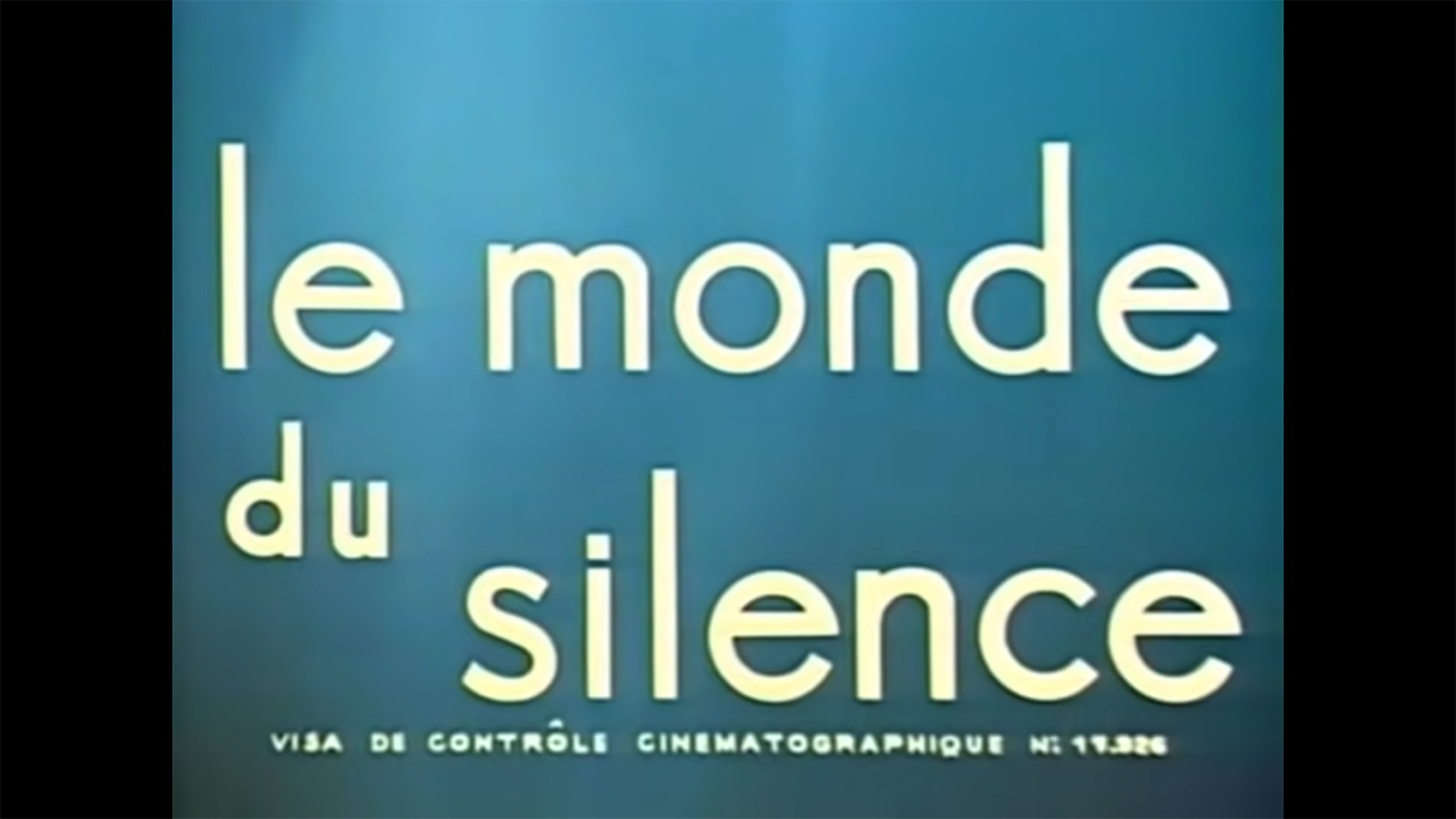Who Speaks for the Oceans?
Organized by Mishkin Gallery at Baruch College, City University of New York (CUNY)
The exhibition “Who Speaks for the Oceans?” stemmed from an extensive collaboration between the disciplines of art and science. It involved over three years of conversations between artists, faculty, staff, and students, as well as many conversations about “conversations” between the nonhuman entities and humans who share a habitat. Beginning with research on Roger Payne’s seminal album Songs of the Humpback Whale (originally recorded in the early 1950s but released in the 1970s), disrupted by a global pandemic, and culminating with the formation of an interdisciplinary working group of students from Baruch College (CUNY), this exhibition attempted to understand how artists and art can shift public sentiment toward progressive action when it comes to the health of our oceans. It also attempted to understand how scientific and empirical data can both be taken seriously as contributions of collected information on environmental issues and be challenged through a deeper understanding of the origins of classification of the natural world.
At the heart of this exhibition is the whale “song,” or rather, the vocalizations of that charismatic megafauna that evoke a great deal of emotion and inspire empathy. How do nonhuman selves address their worlds and how might that address differ from our own human articulations? How can we become better listeners to such calls? Artists in this exhibition generously spoke with us at length about their intentions and concerns regarding interspecies care and the consequences of human entanglements with nonhuman selves. The ways in which humans represent animals and other nonhumans matter, which is why artists are particularly adept to share enigmatic, unconventional, and speculative representations of how different species engage with each other. According to anthropologist Eduardo Kohn, “Although we humans certainly represent nonhuman animals in a variety of culturally, historically, and linguistically distinct ways, and this surely has its effects, both for us and for those animals we represent, we also live in worlds in which how other selves represent us can come to matter vitally.” The work in this exhibition rethought the types of knowledge and selves that can constitute a transspecies ecology but did not sidestep the historical, human-engendered consequences of capitalism and colonialism on our shared world.
What does it mean to speak on behalf of another? Oceans are hosts of great biodiversity and encompass nearly two-thirds of the planet. They also regulate the global climate through cycles of heat, water, and other elements. According to the 2022 report by the Intergovernmental Panel on Climate Change, fundamental shifts in the “physical and chemical characteristics of the ocean acting individually and together are changing the timing of seasonal activities, distribution, and abundance of oceanic and coastal organisms, from microbes to mammals and from individuals to ecosystems, in every region.” New and frequent ocean disturbances like heatwaves and pollution are longer-lasting and exposing species and ecosystems to environmental conditions beyond their tolerance and acclimation limits. These ecosystems are central to many cultures while providing food, minerals, and energy to humans and nonhumans alike.
Featuring Roger Payne’s Songs of the Humpback Whale; Jacques Cousteau and Louis Malle’s Le monde du silence; Ursula Biemann’s Acoustic Ocean; performances by Will E. Jackson, Miho Hatori, and Josèfa Ntjam; documentation of Alvin Lucier’s Vespers; and a talk with Ant Farm.
Read more and view the full series on Classroom.
Classroom is a series of video programs curated by art schools, educators, artists, and writers. Each program assembles films, interviews, lectures, panel discussions, and documentaries from a variety of sources to engage with themes relevant to contemporary art and cultural production.



